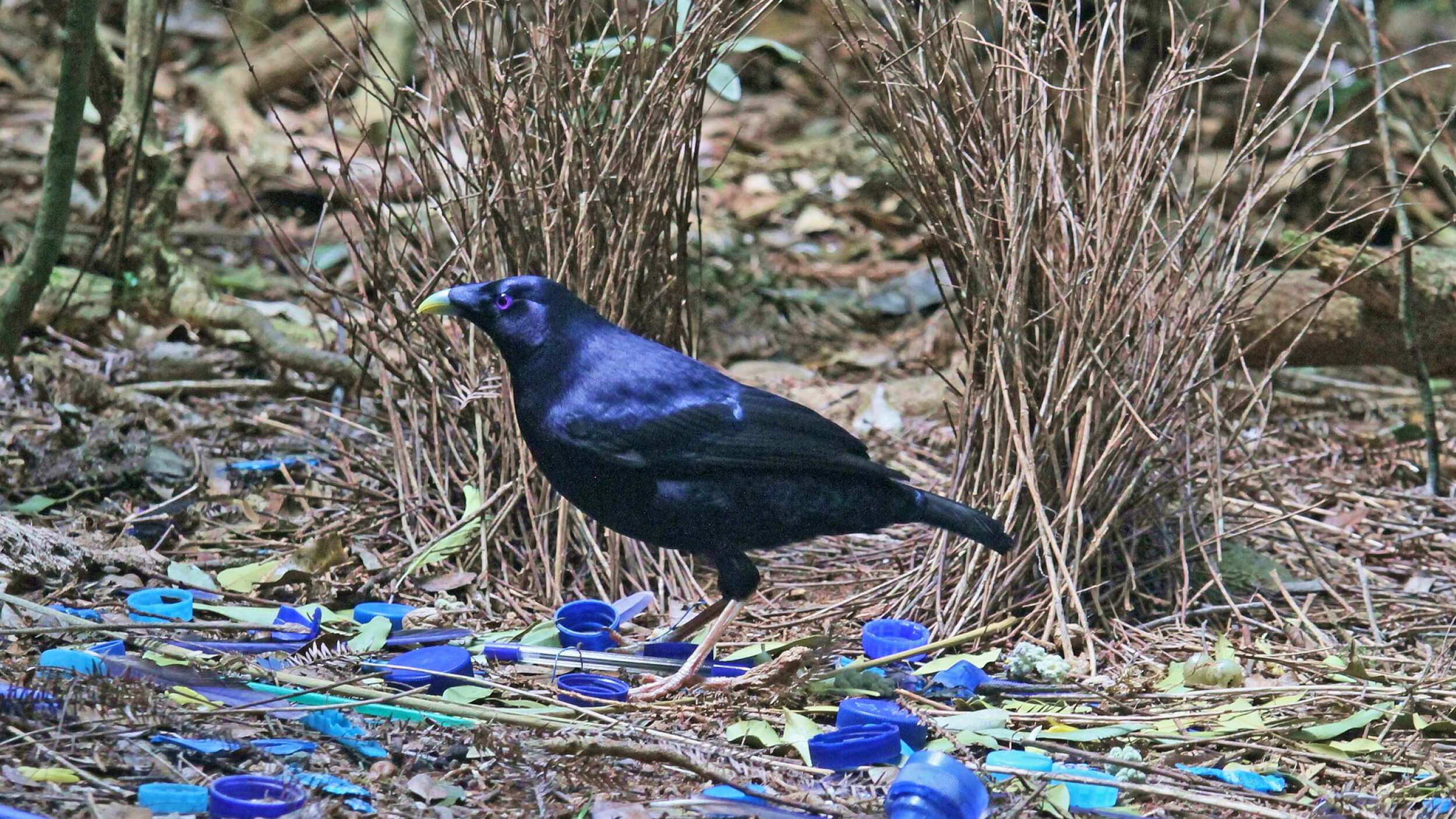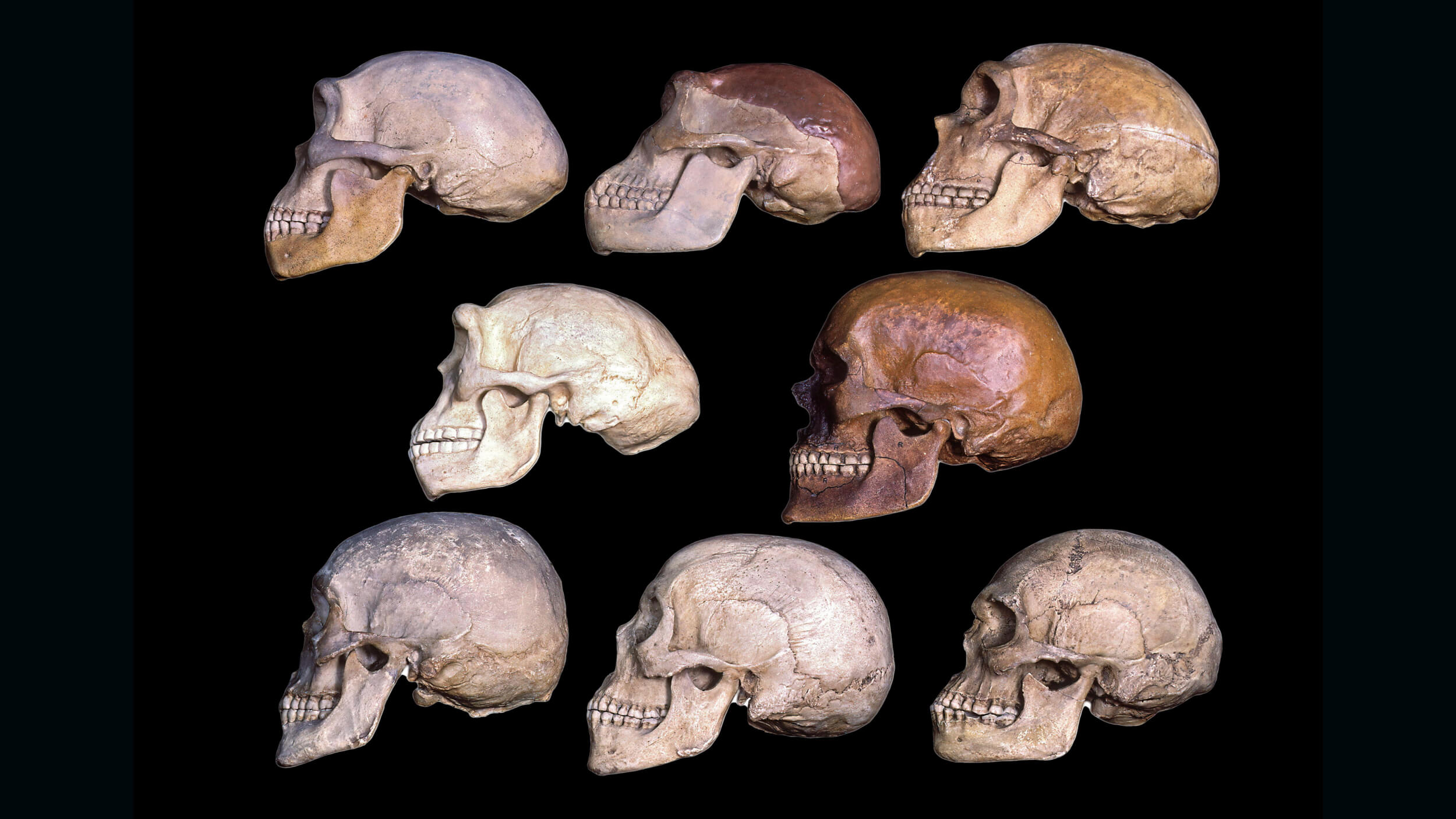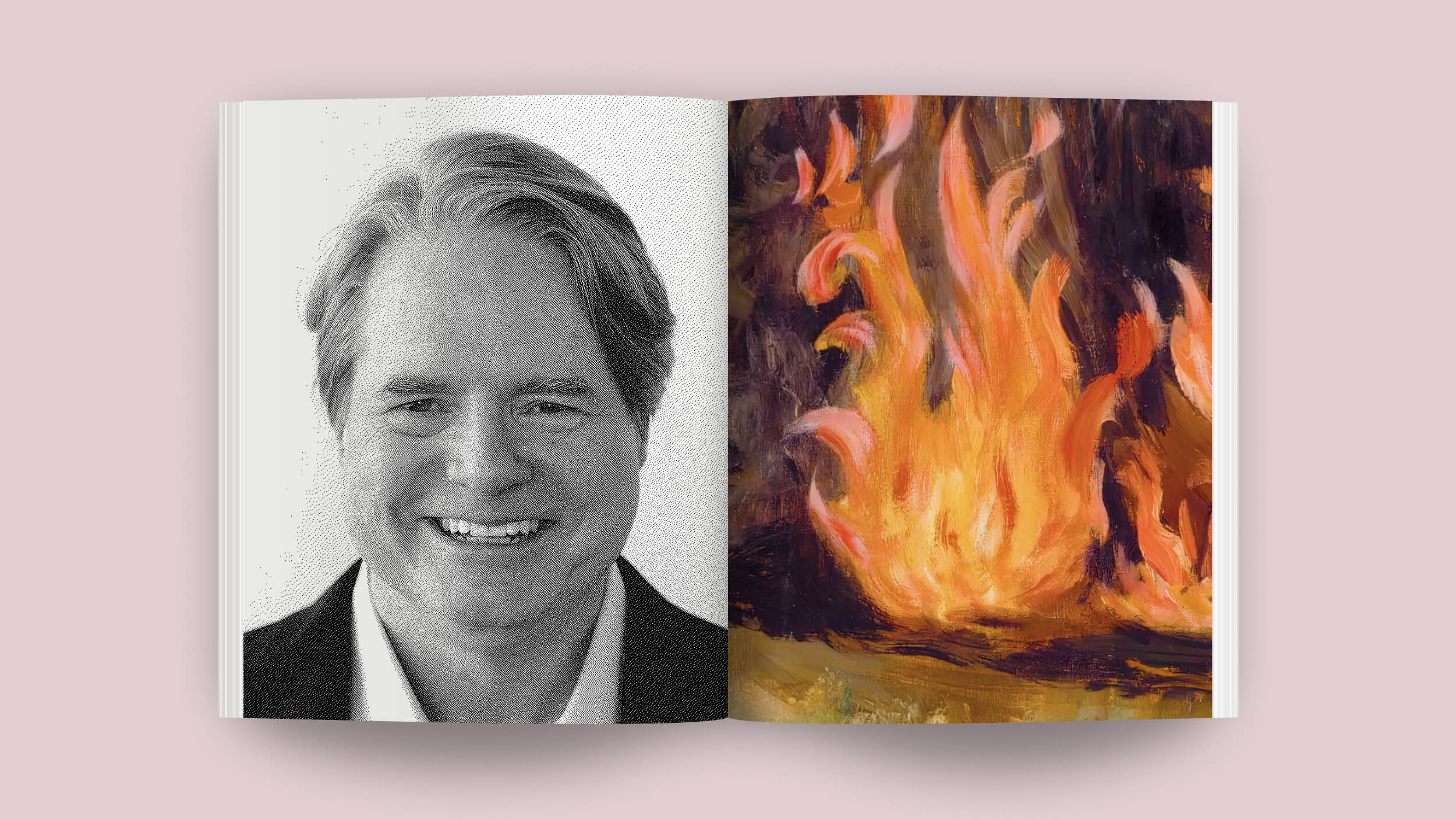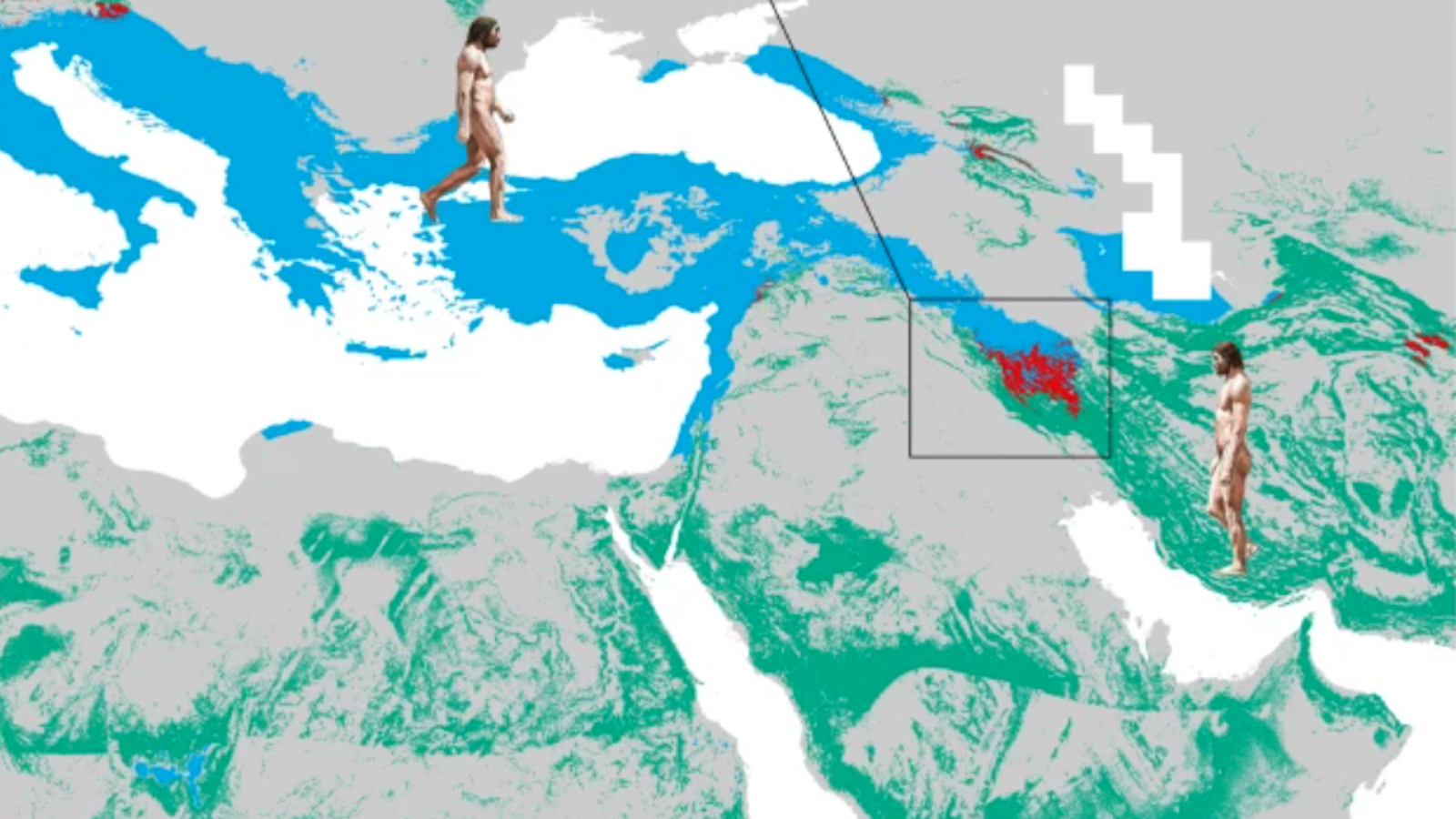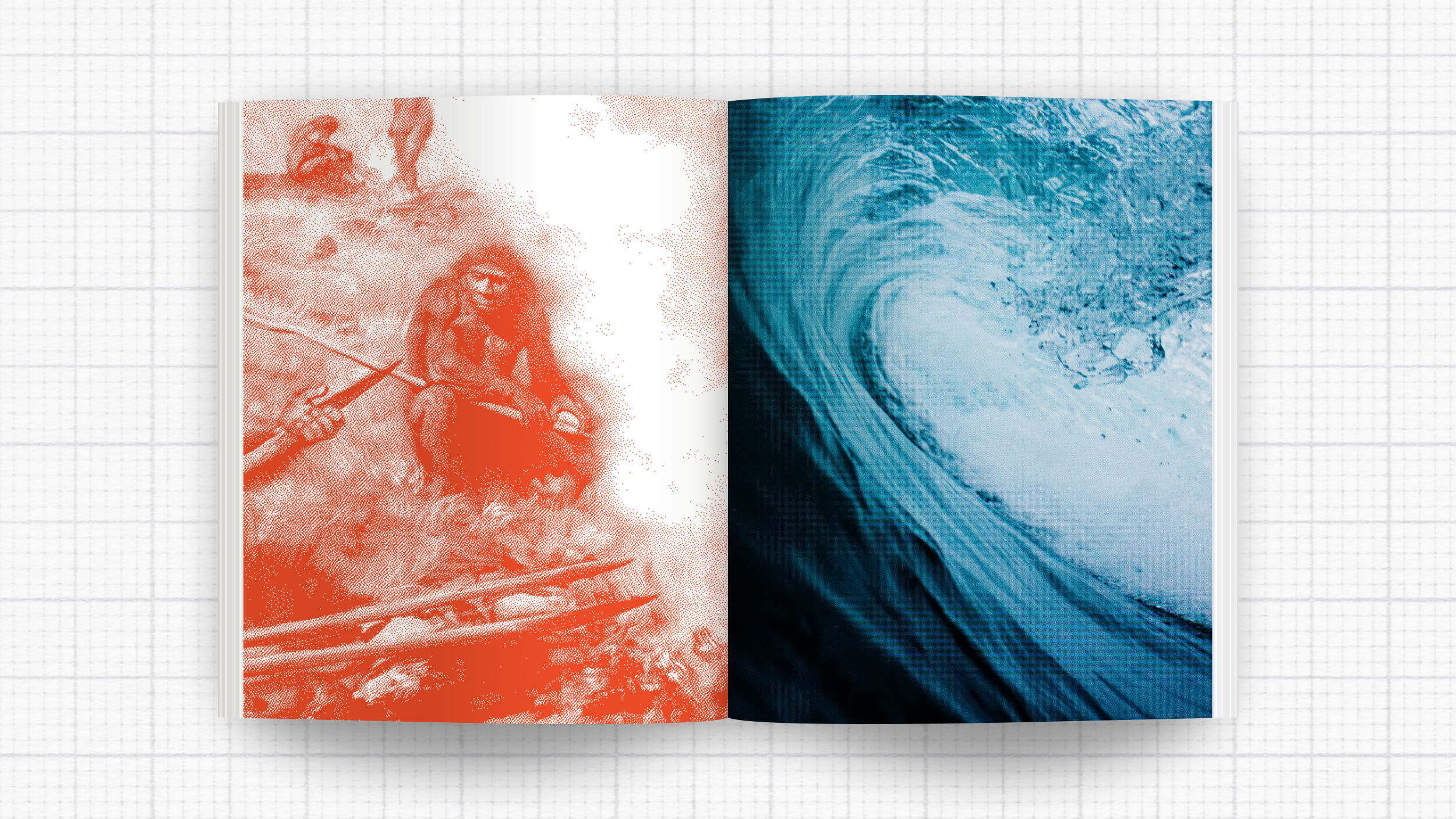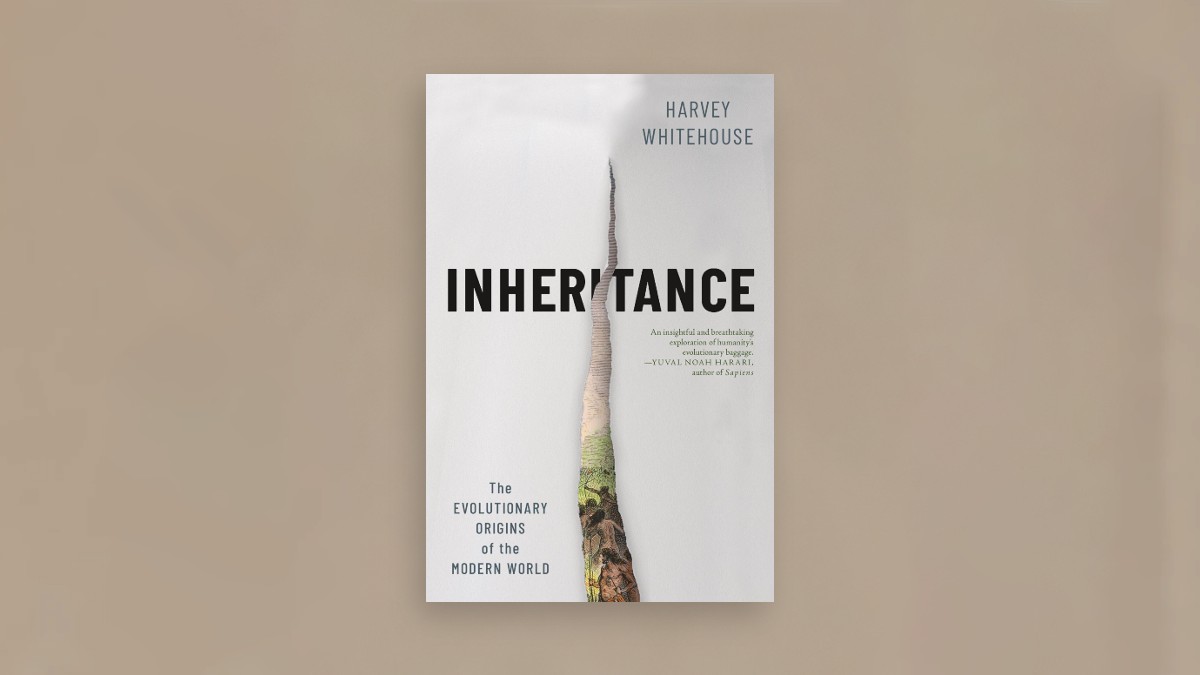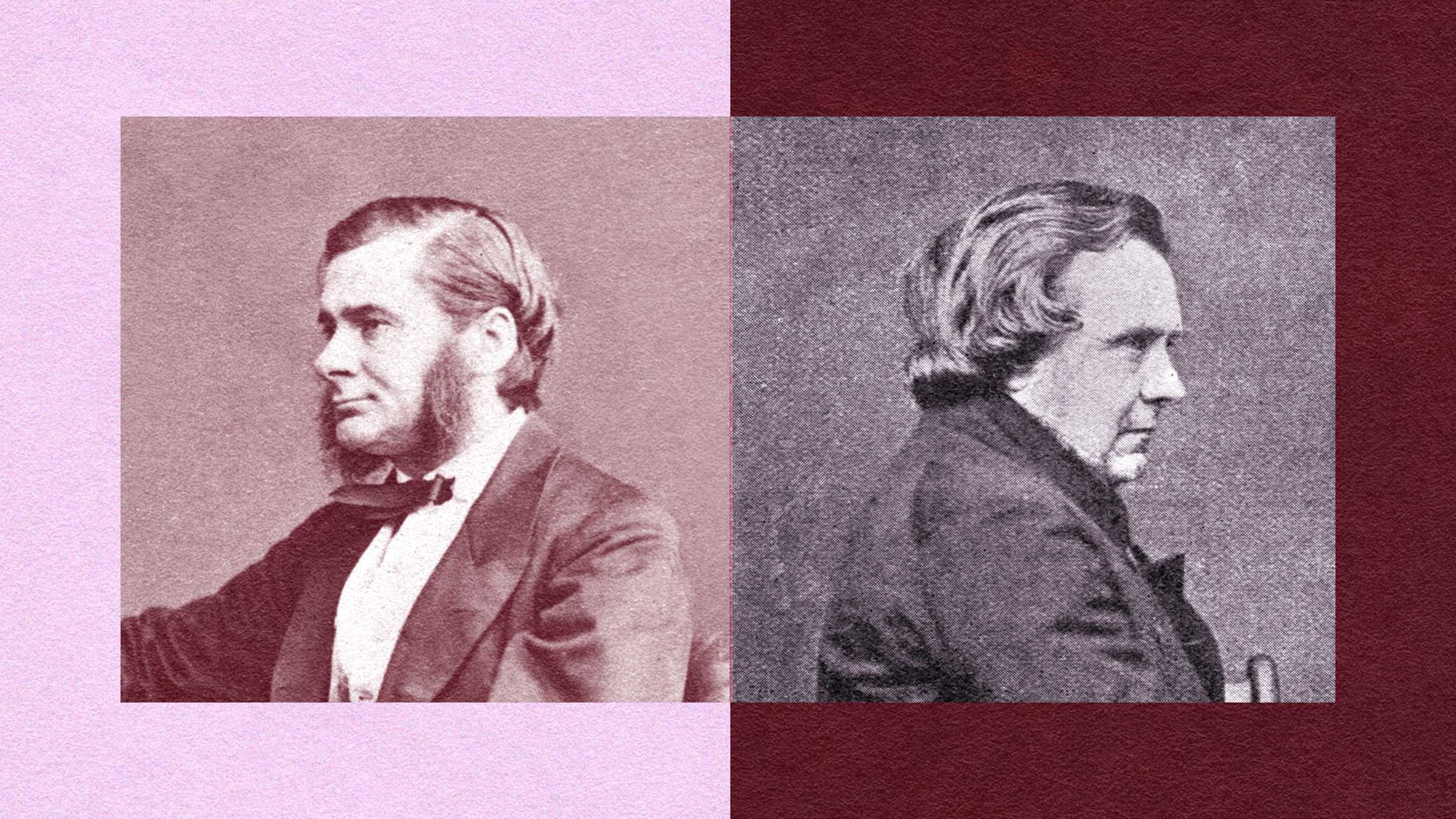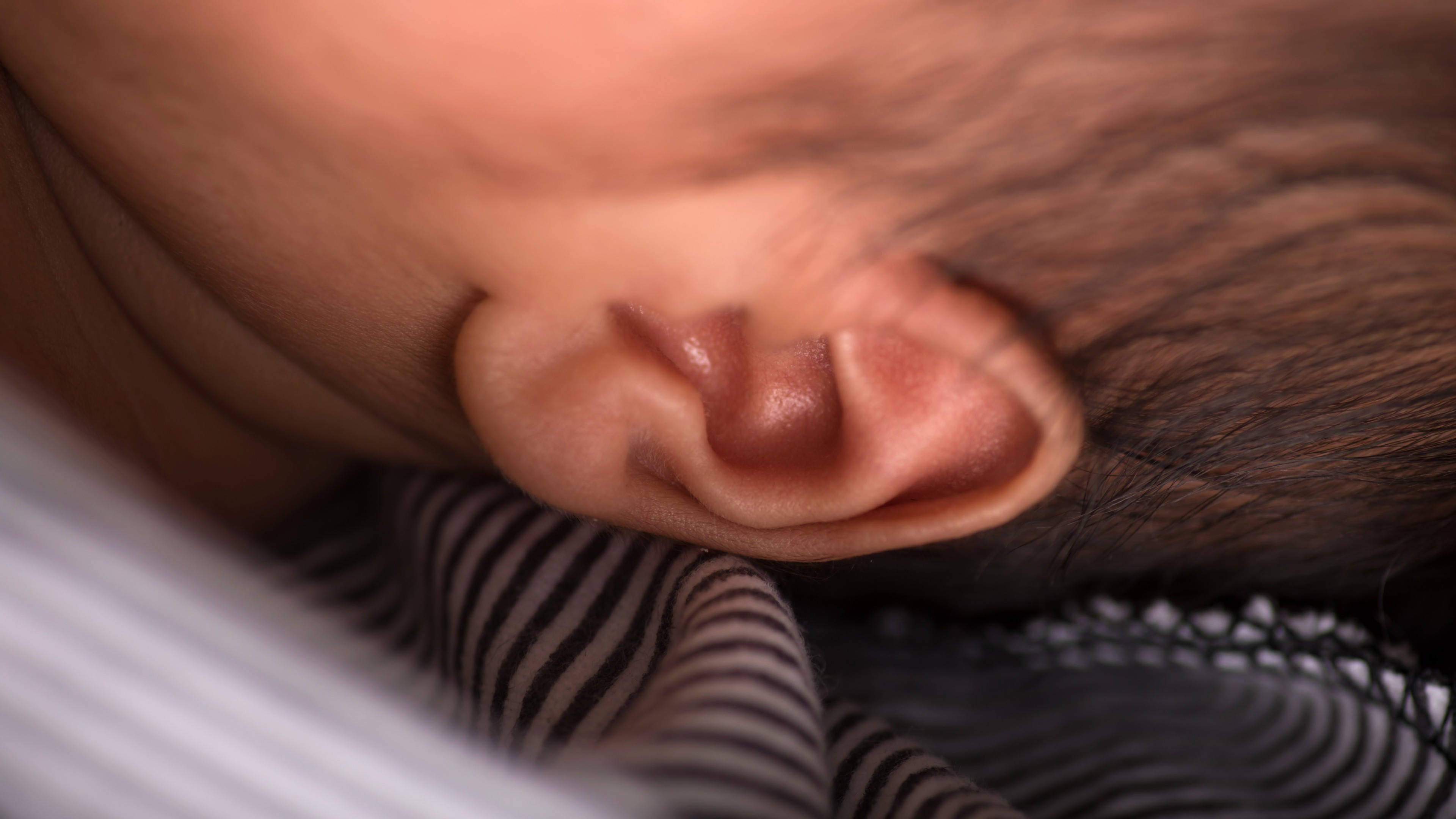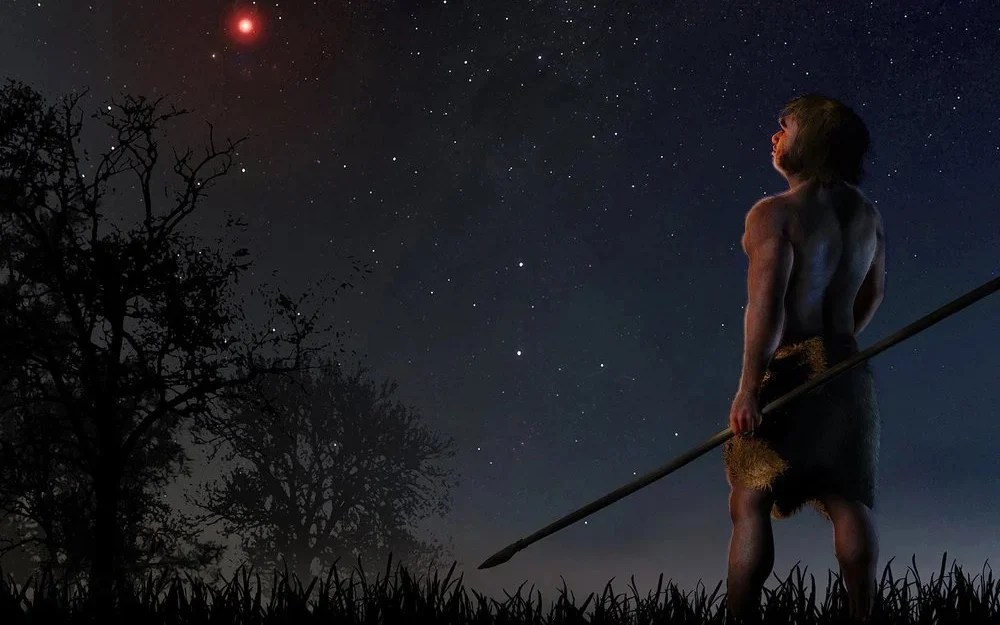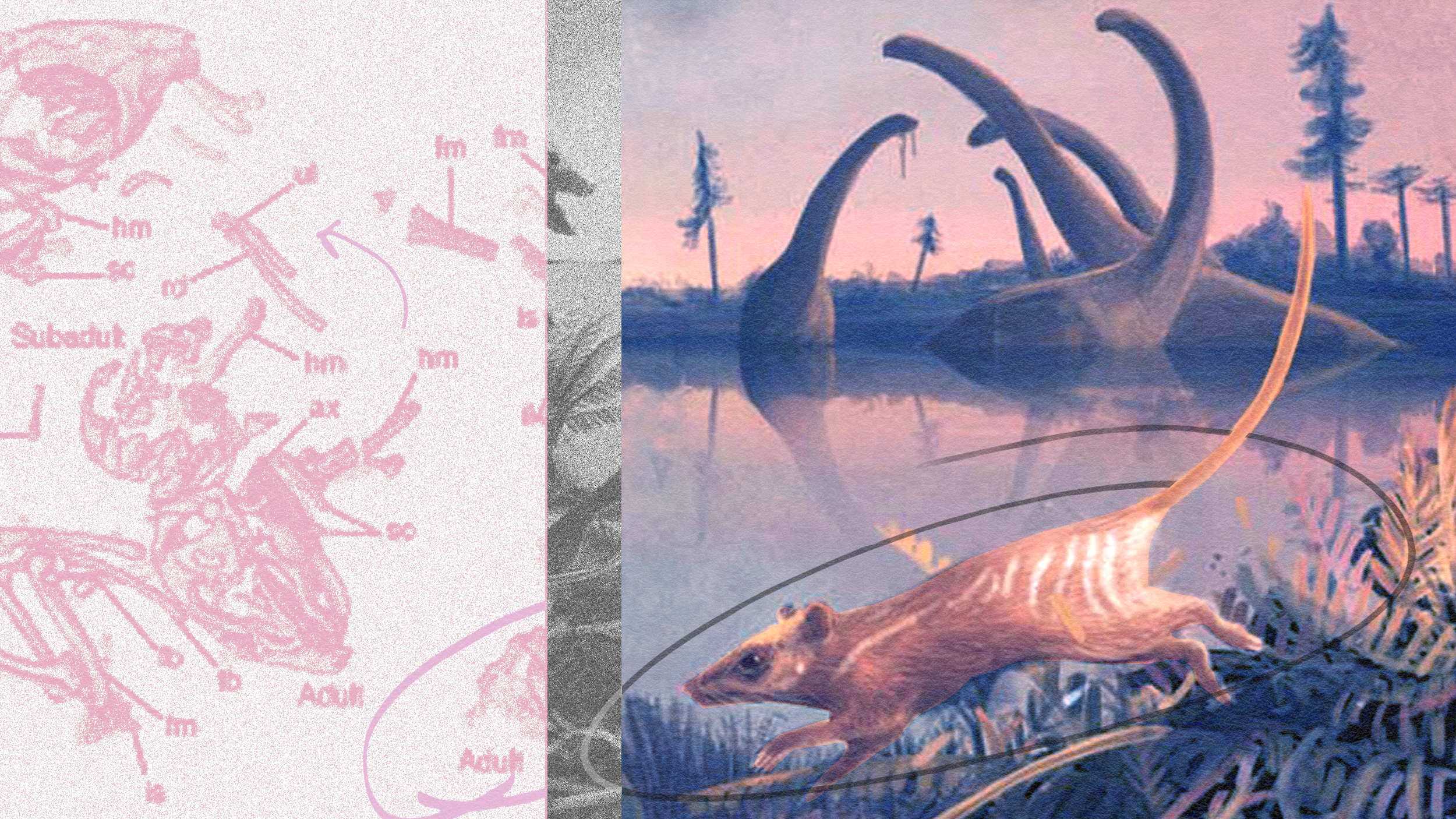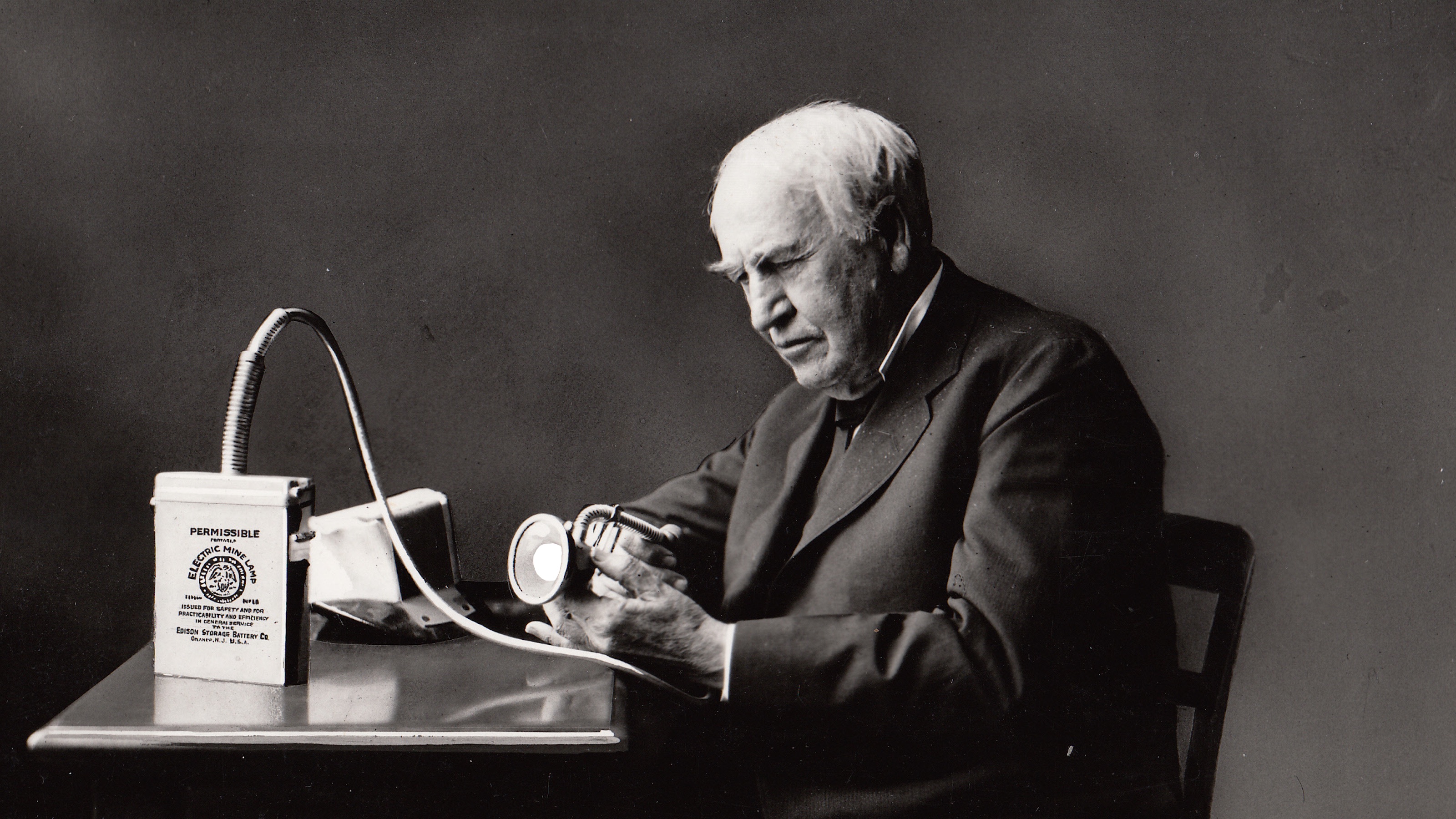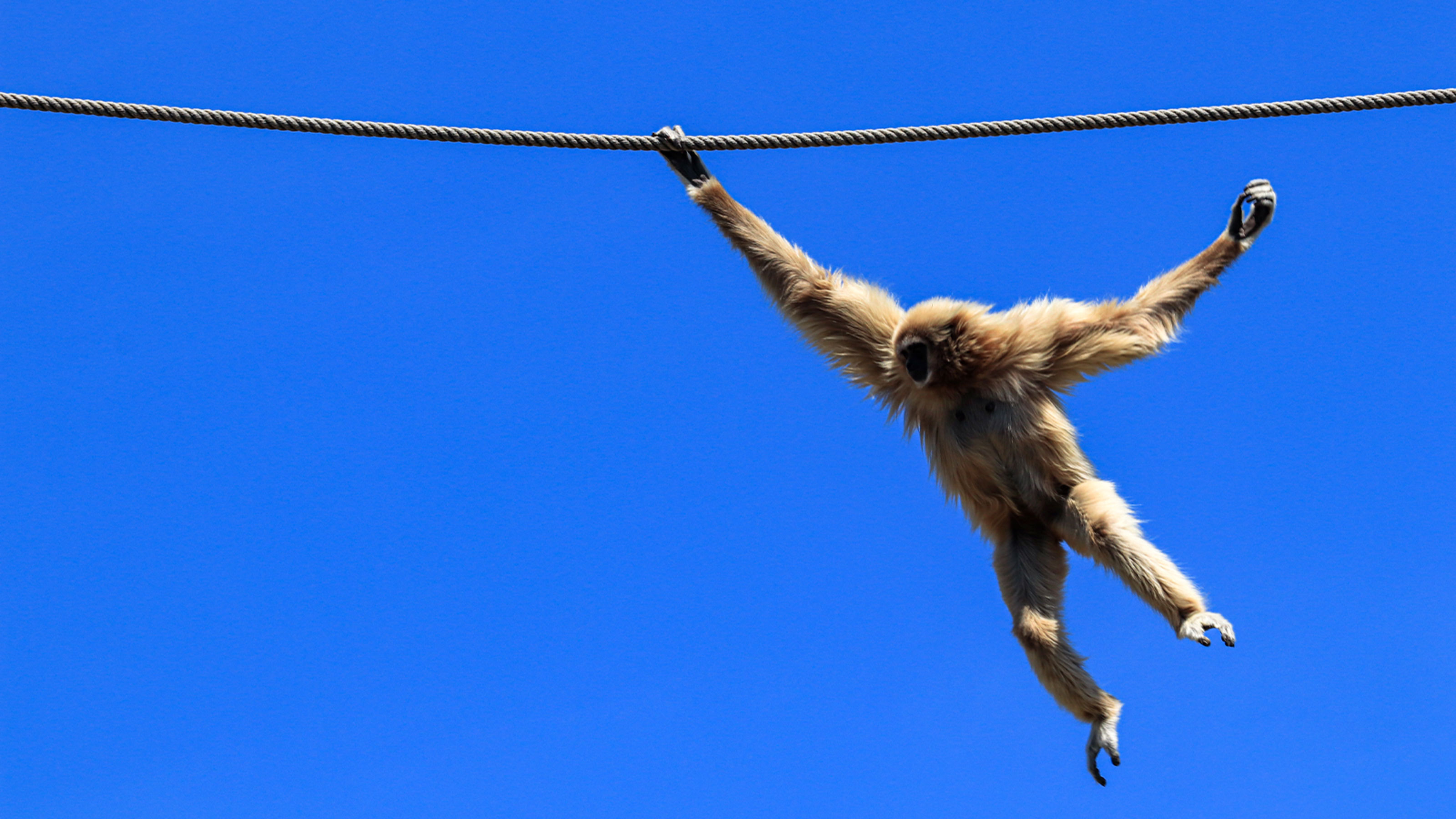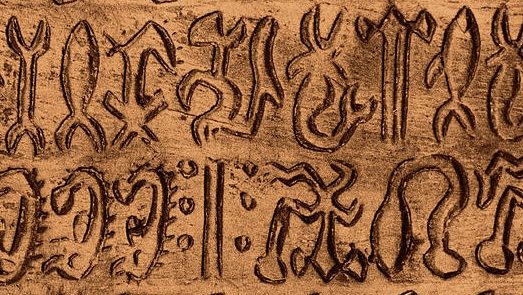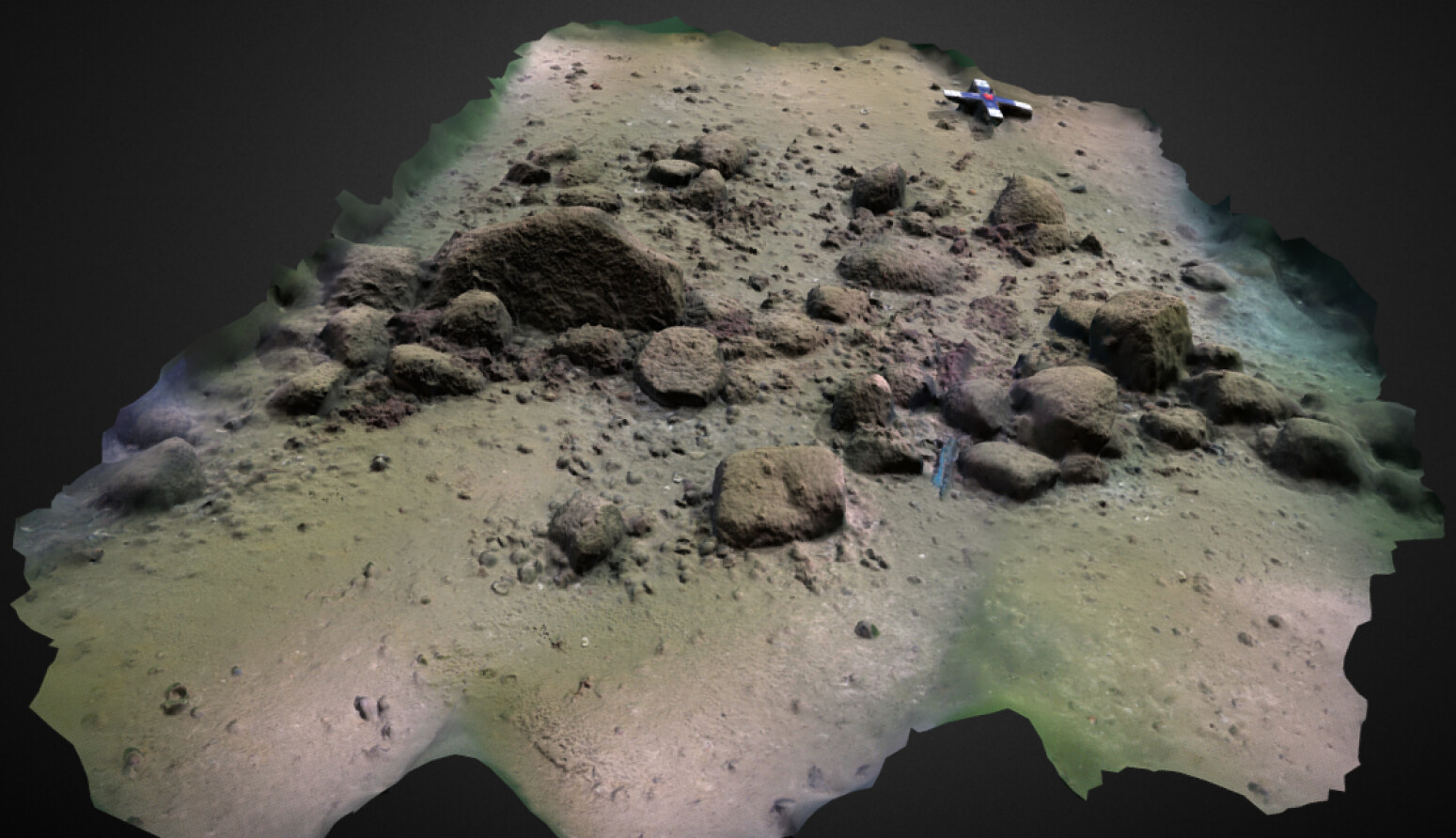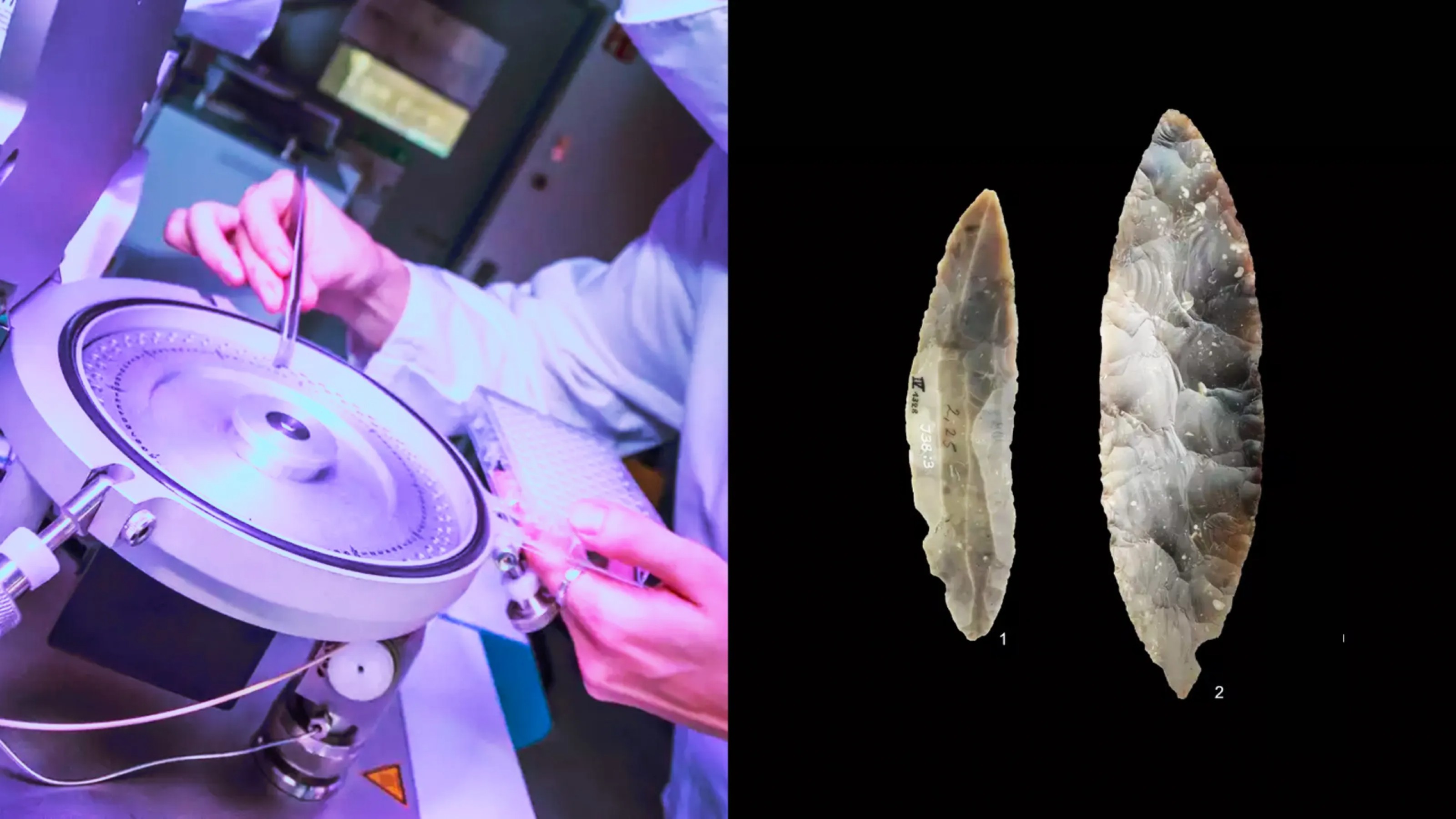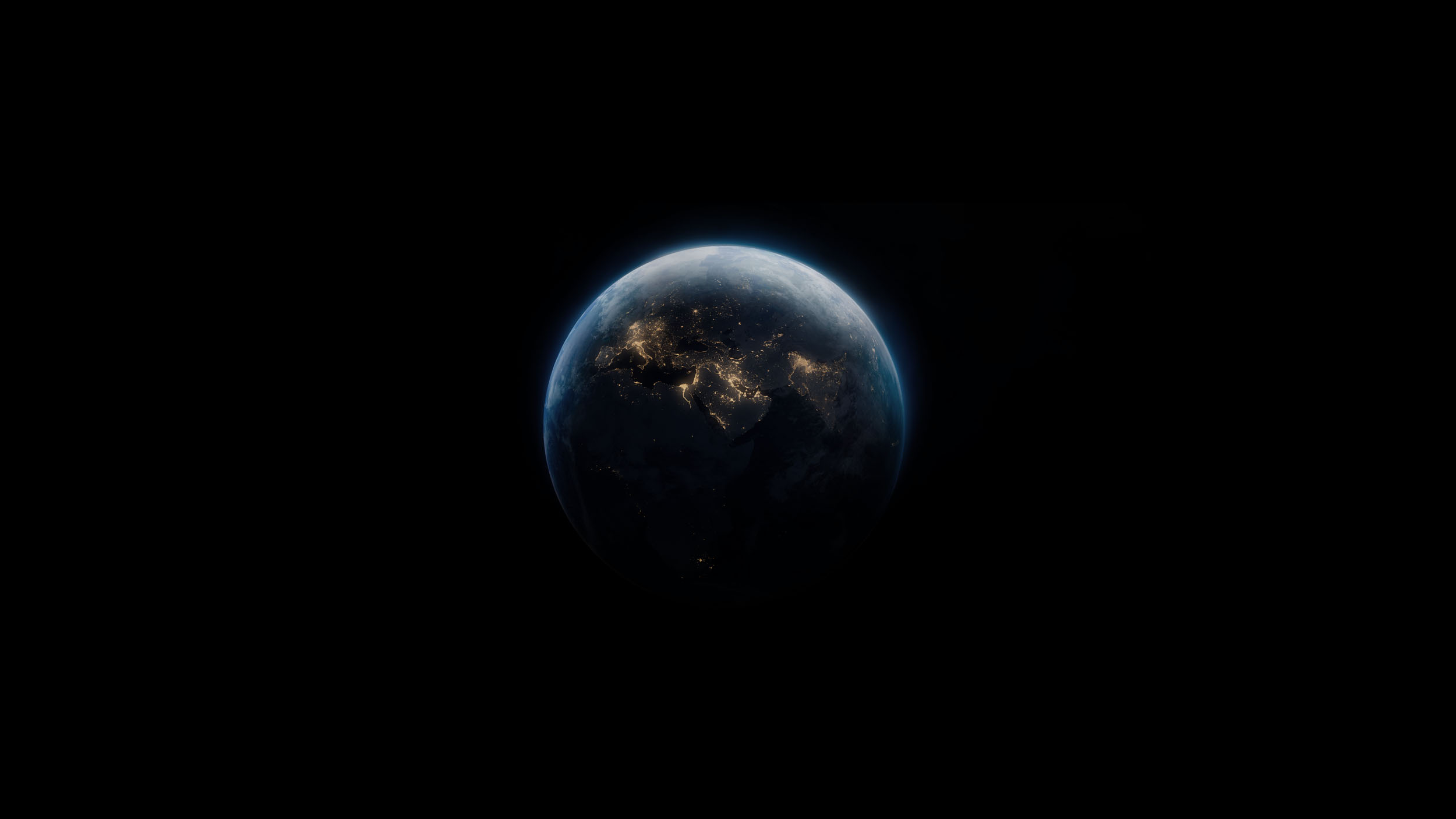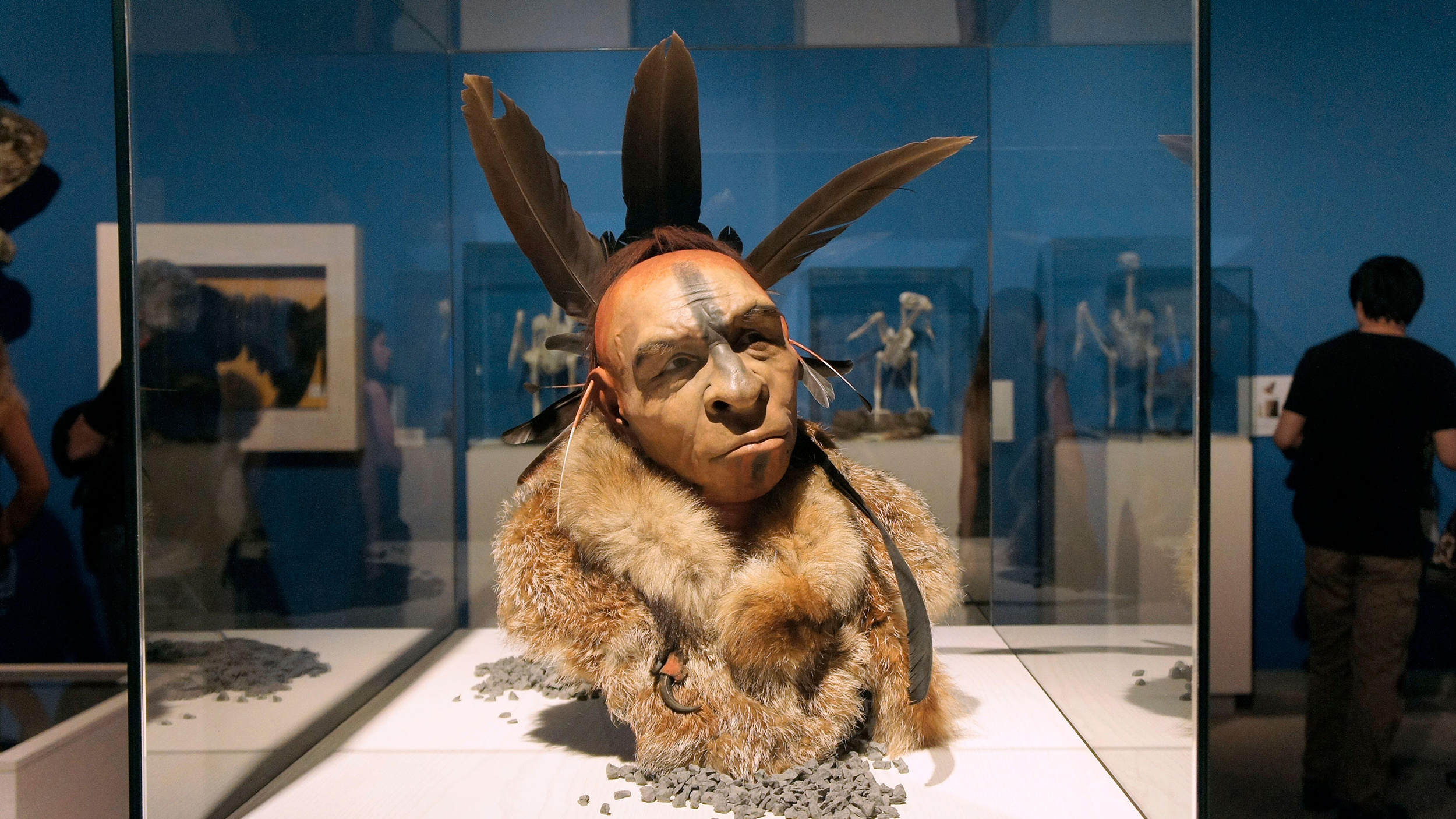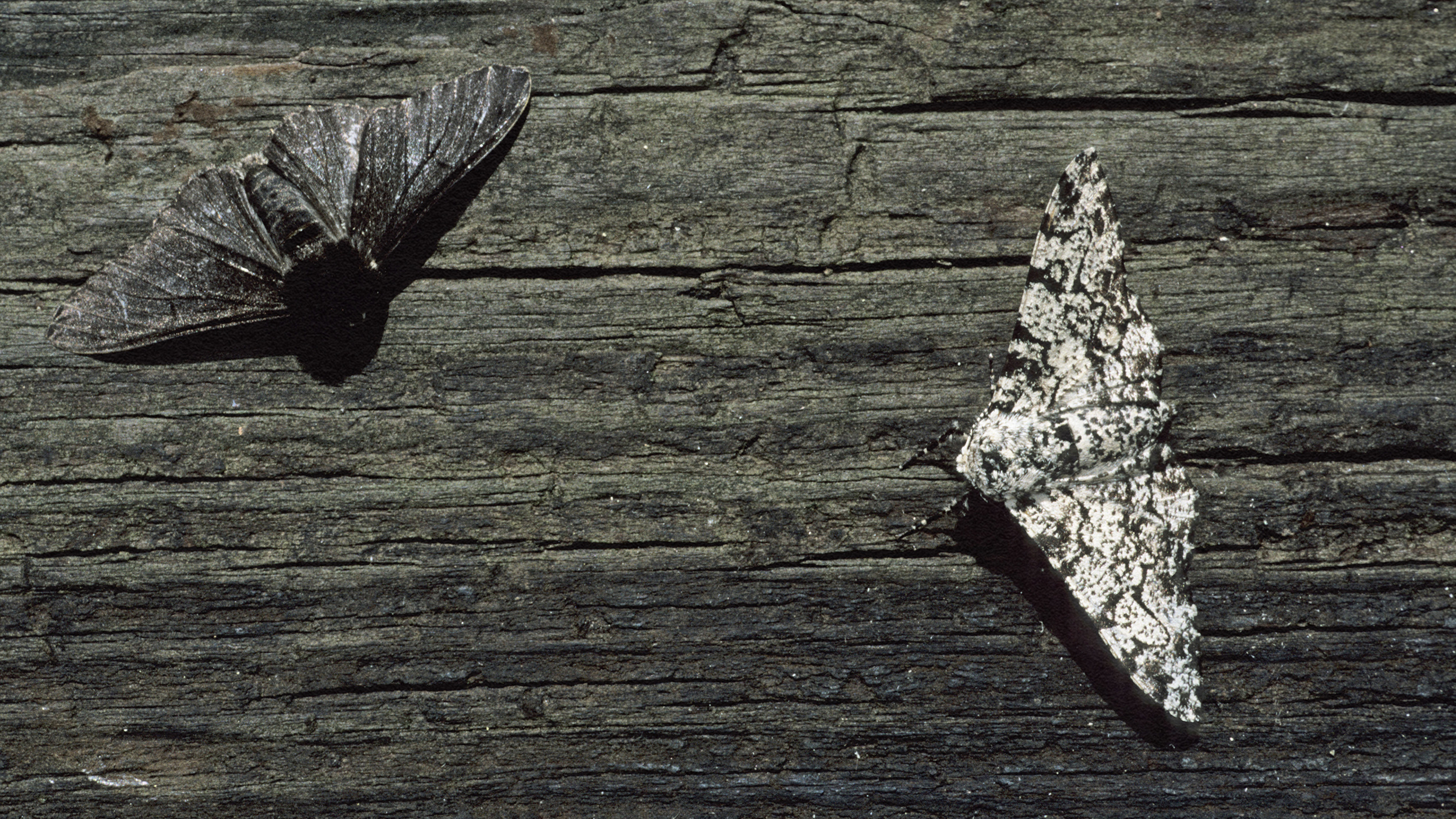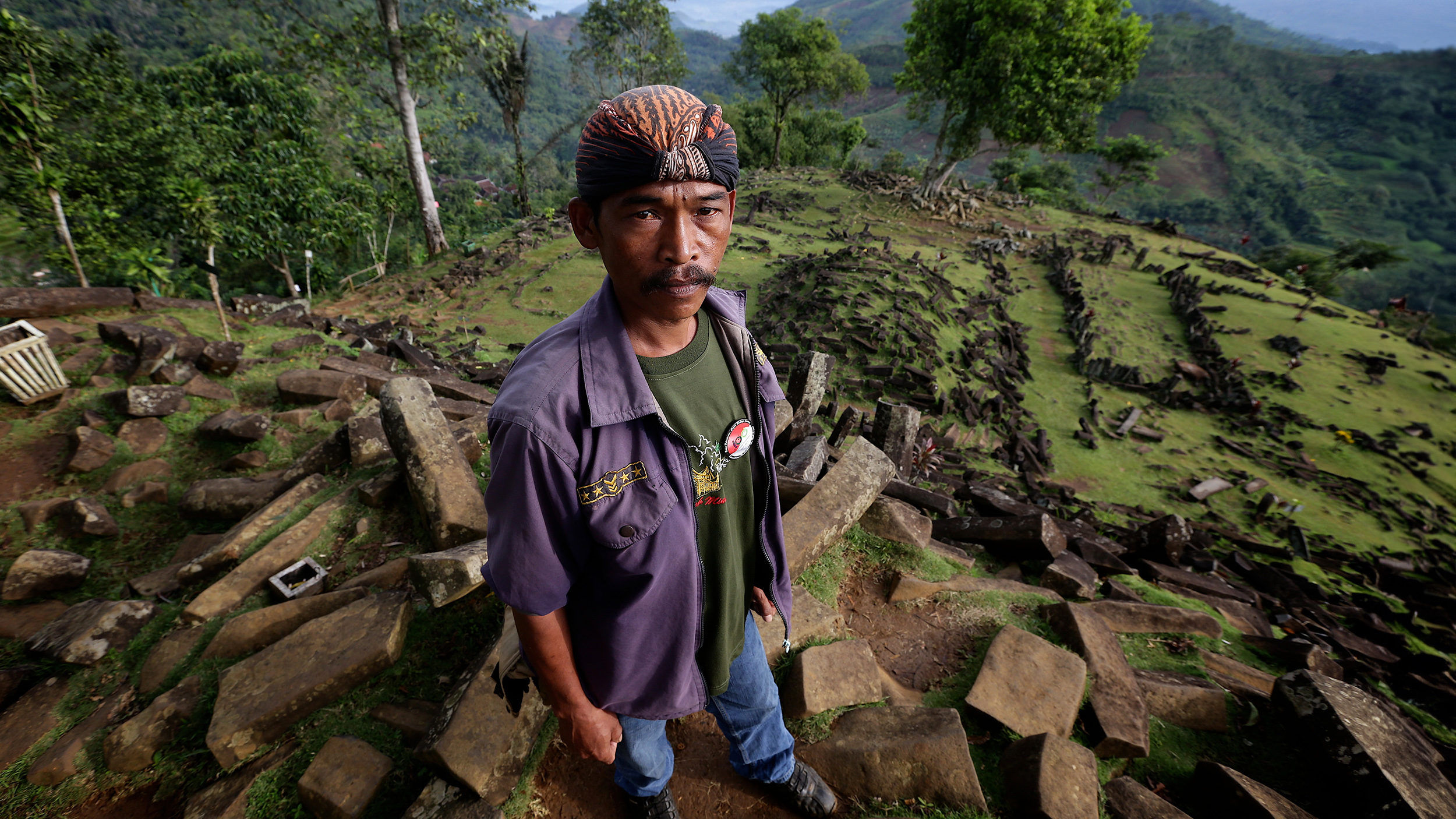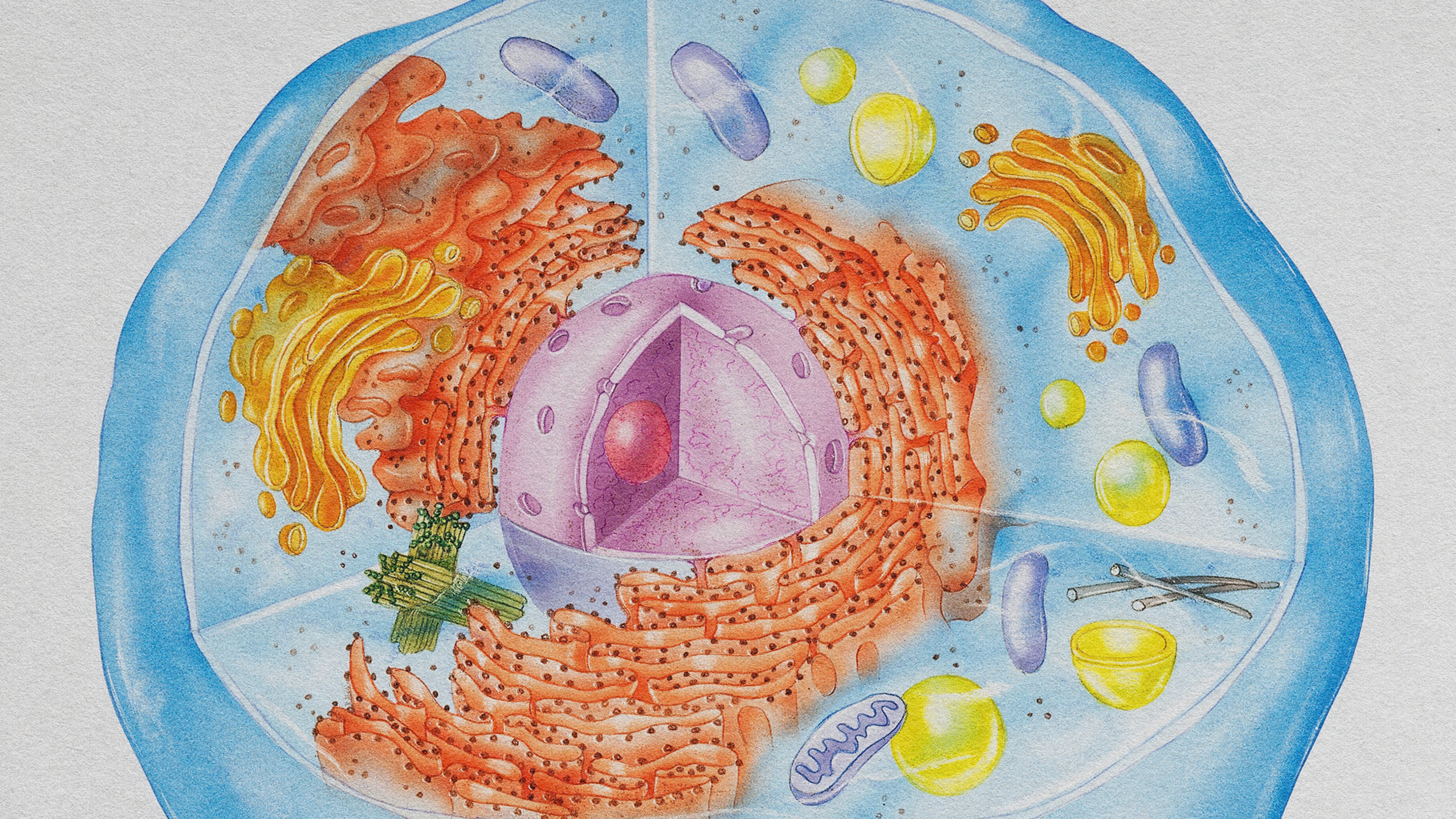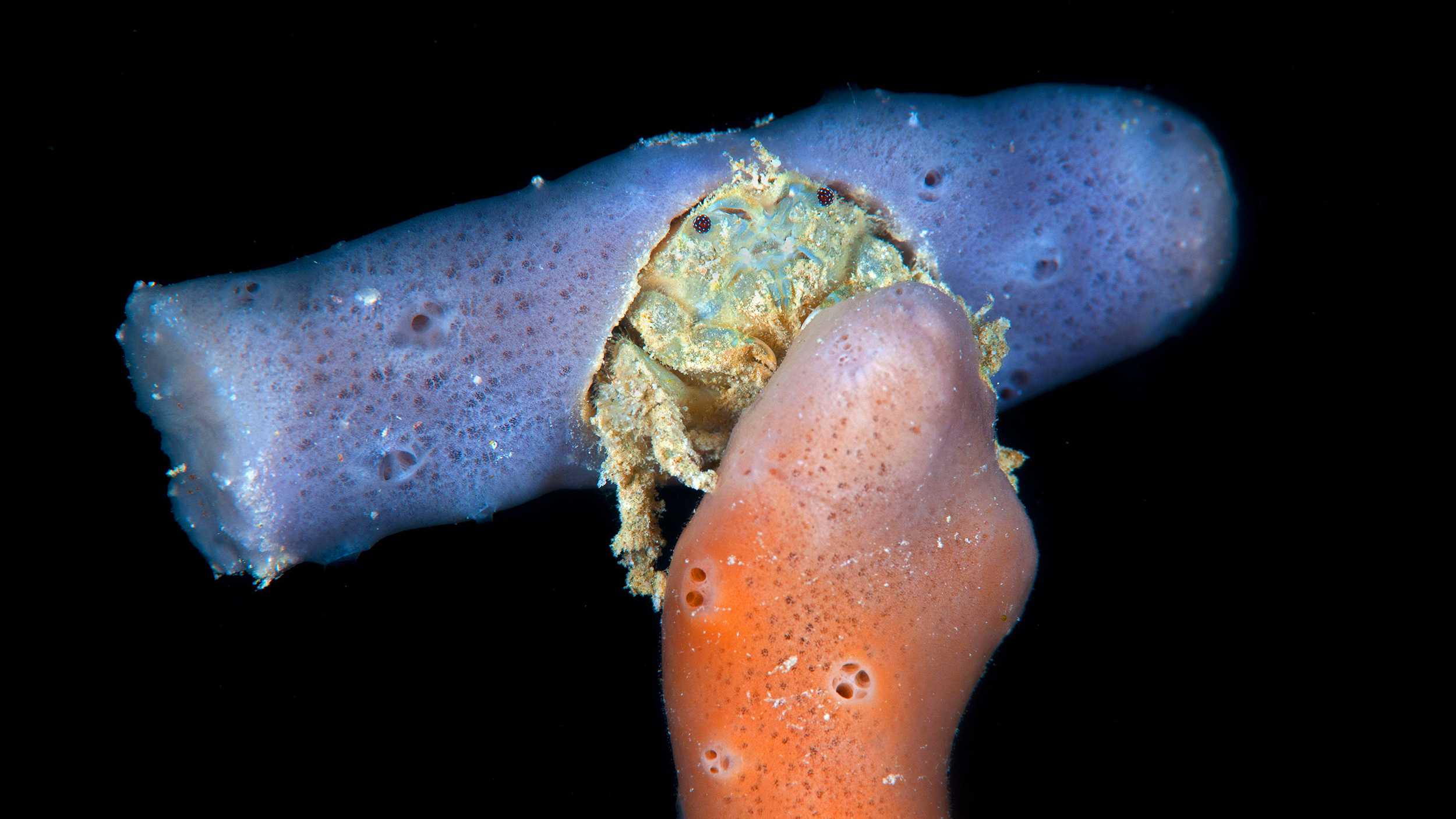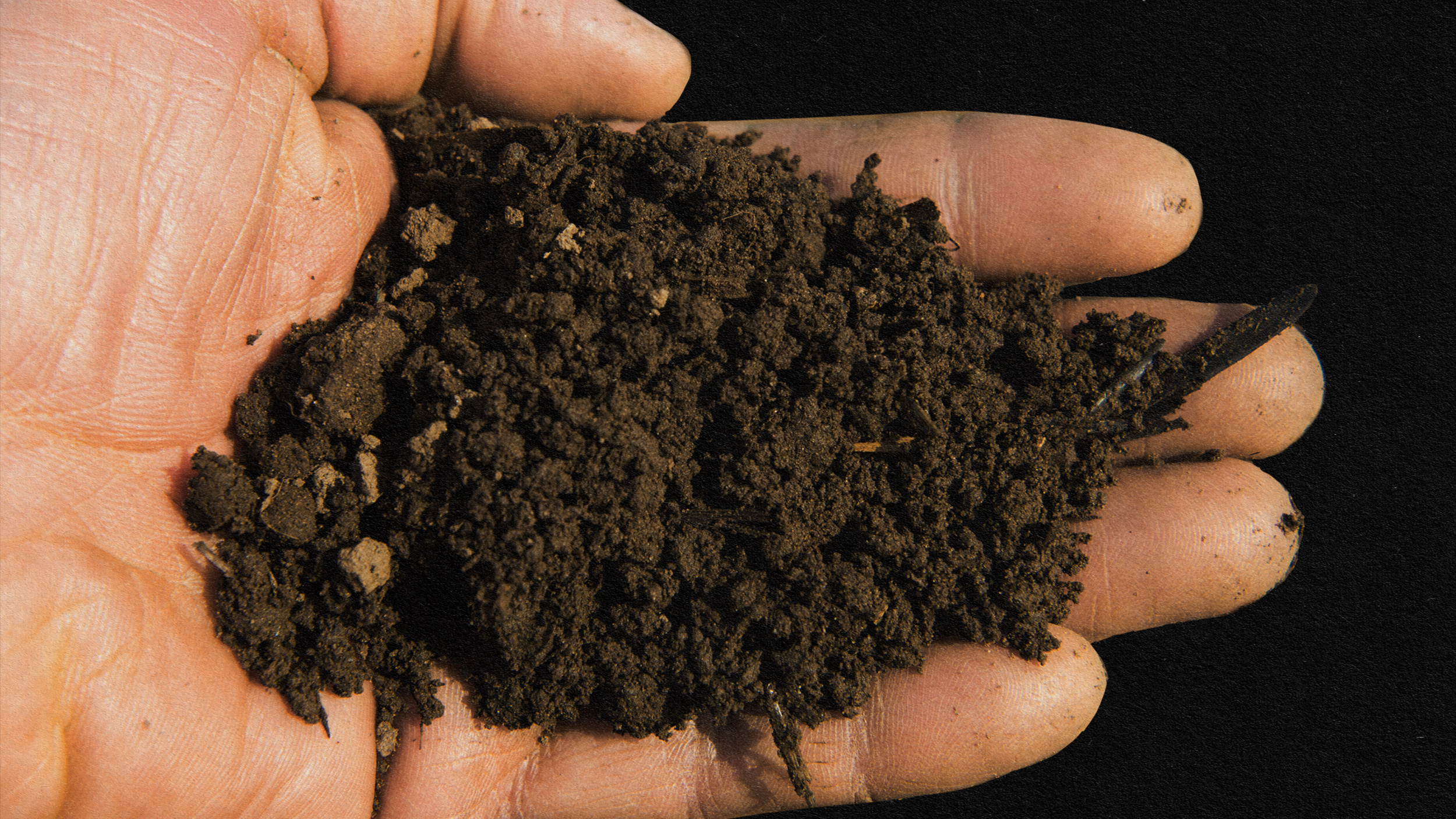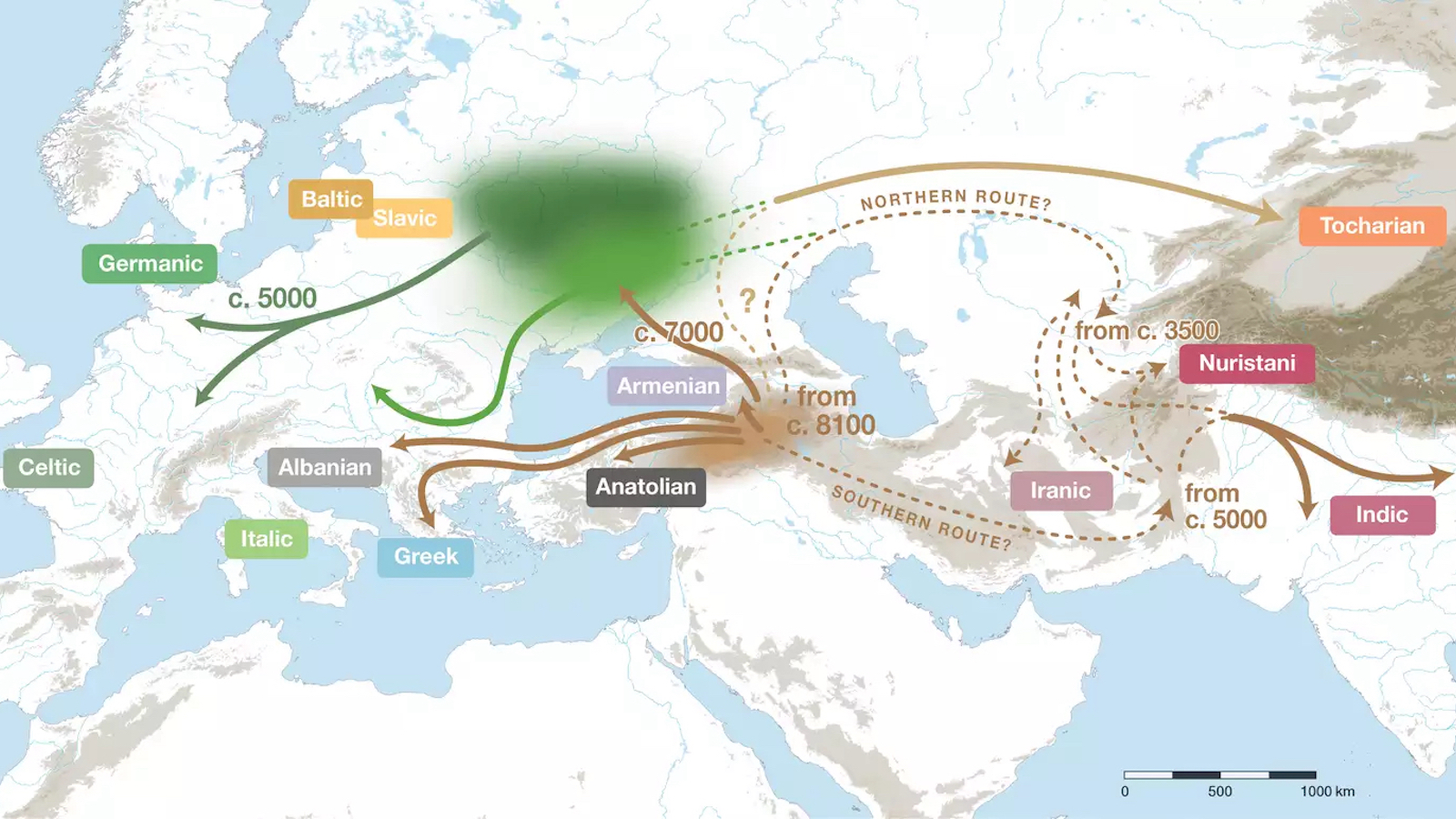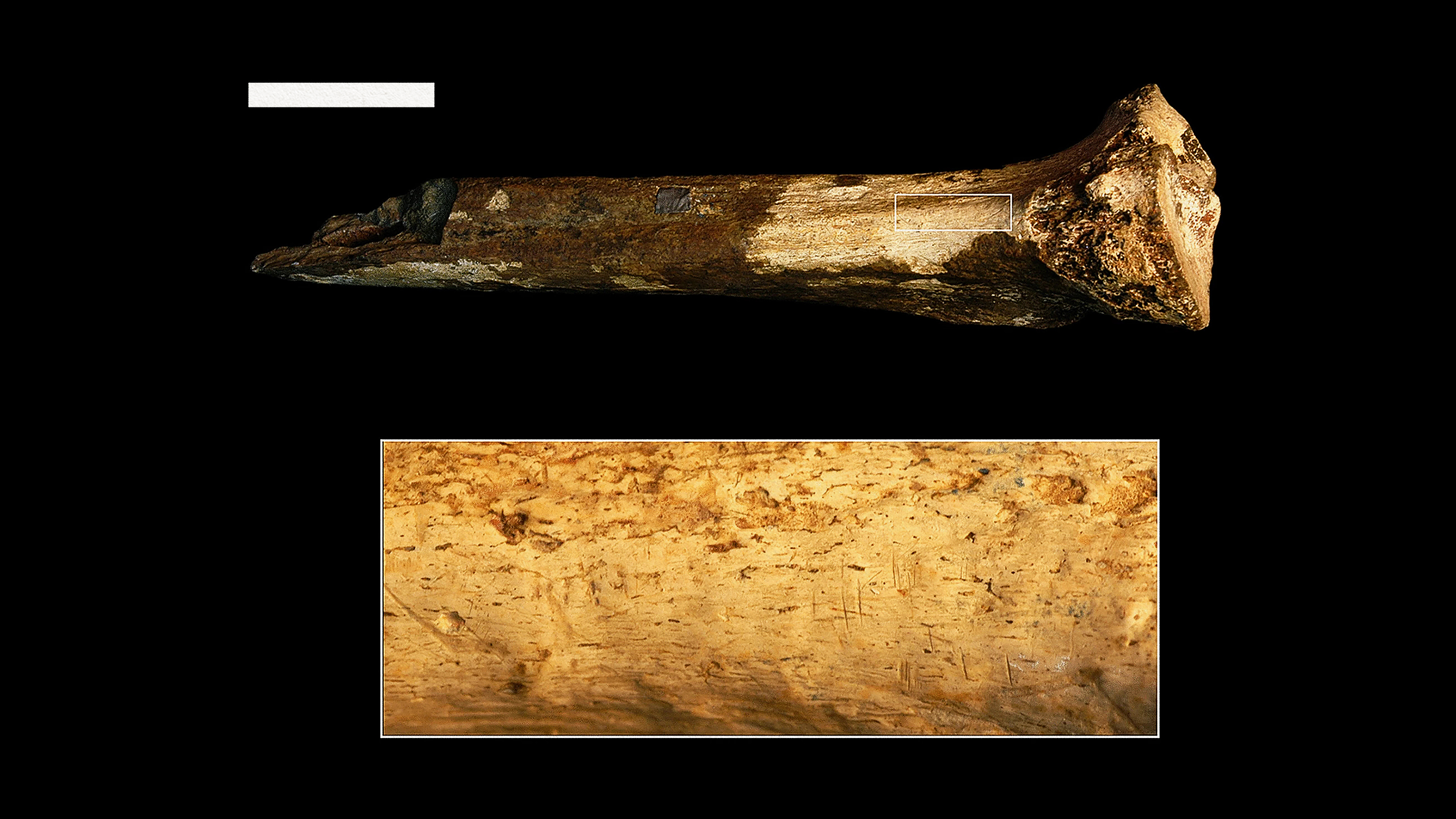Human Evolution
In his book, “Birds, Sex and Beauty,” Matt Ridley explores why learning isn’t always nature versus nurture.
These books helped build the empirical case that life’s origins differ from those described in myths and legends.
New research challenges old assumptions about the evolution of the human brain.
Why the advertising legend — and author of Alchemy — believes that inefficiency can be genius and insects can unlock innovation.
When it comes to behavior, genetics may play a larger role than you think.
From tribal hunts to Stonehenge and into the modern day, the peer instinct helps humans coordinate their efforts and learning.
The controversial theory about magic mushrooms and human evolution gets a much-needed update.
Early modern humans interbred with Neanderthals — and scientists recently pinpointed a key site of contact.
From hunter-gathers to desk jockeys, we work best when short, intense sessions are followed by lighter fare.
Religion is a product of, and not a source of, our evolutionary moral dispositions.
The true story of the shot that “reverberated through England” when science collided head-on with religion.
For most of human history, babies probably picked up language by overhearing.
Despite billions of years of life on Earth, humans first arose only ~300,000 years ago. It took all that time to make our arrival possible.
Although mammals may be the dominant form of life today, we’re relative newcomers on planet Earth. Here’s our place in natural history.
During the industrial era the cost of artificial light fell off a cliff — and the road to illumination was paved with ingenuity and slaughter.
CRISPR study helps answer a question that has long puzzled scientists.
New radiocarbon dating reveals astonishing insights.
Archaeologists have identified what may be Europe’s oldest human-made megastructure.
The study suggests that human ancestors expanded across Europe faster than previously thought.
Human civilization has always survived periods of change. Will our rapidly evolving technological era be an exception to the rule?
Skilled hunters adapted to the changing landscape and left tantalizing clues to who they were.
Two scientists recently wagered a bottle of whiskey. The bet? Whether we’ll find evidence of advanced extraterrestrial life in the next 15 years.
They have held our fascination ever since we first identified their remains.
Without even realizing it, we’ve actually become pretty god-like in our powers.
Perhaps it’s not just an oddly shaped hill, after all.
Scientists agree that eons ago, a bacterium took up residence inside another cell and became its powerhouse, the mitochondrion. But there are competing theories about the birth of other organelles such as the nucleus and endoplasmic reticulum.
Though over three billion people speak an Indo-European language, researchers are not sure where the language family originated.
A 1.5-million-year-old hominin bone shows signs that the victim was eaten by lions — and humans.
